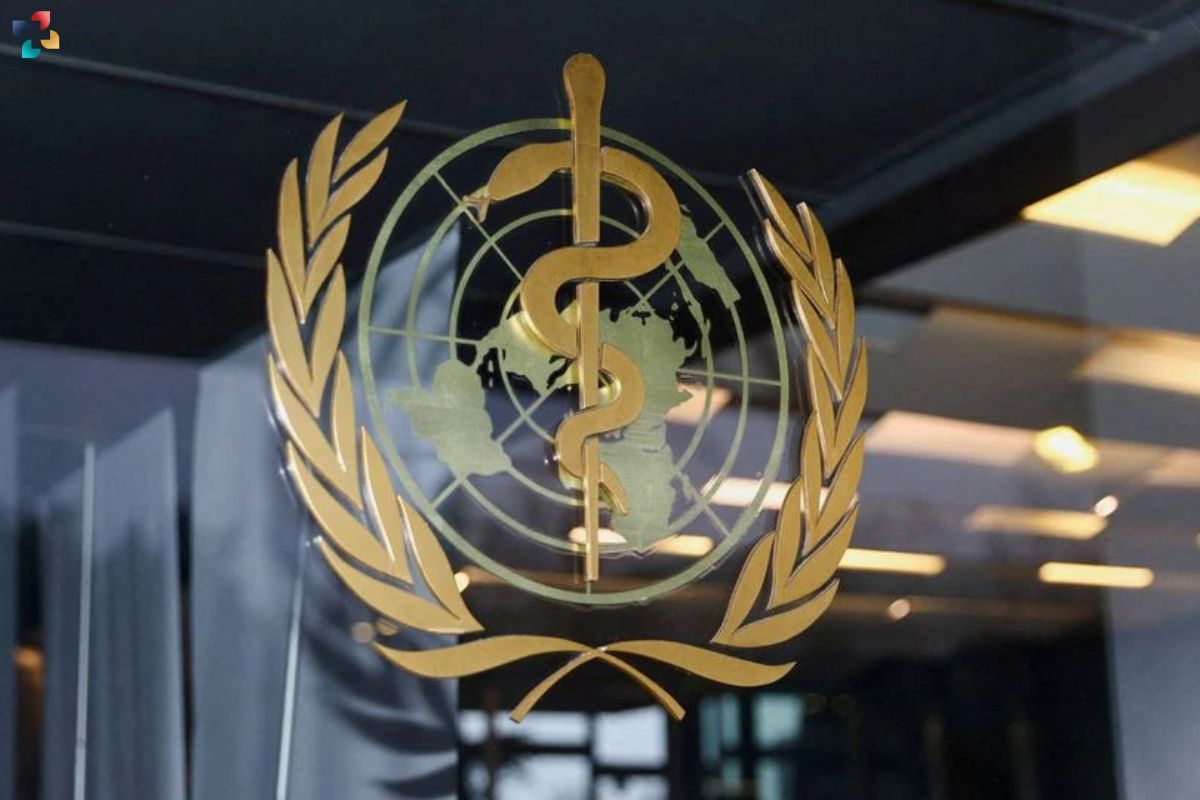Source-Business-Today
The World Health Organization (WHO) has raised alarms over falsified semaglutides, a crucial medication used globally for treating type 2 diabetes and obesity. Semaglutides, including the brand Ozempic, are renowned for their ability to manage blood sugar levels and reduce cardiovascular risks among diabetic patients. However, recent reports have identified three batches of falsified semaglutide products circulating in Brazil, the United Kingdom, and the United States since October and December of 2023, respectively. This alert marks WHO’s first official communication on the matter, following a significant increase in reports of falsified semaglutides across various regions since 2022.
Alert on Falsified Semaglutides: Health Risks and Implications
Semaglutides are typically administered via weekly injections or daily oral tablets, playing a dual role in diabetes management and weight reduction by suppressing appetite. The rise in their popularity for weight loss has also heightened their demand globally. However, the emergence of falsified versions poses severe health risks. These counterfeit products may lack essential active ingredients or contain undisclosed substances like insulin, leading to unanticipated health complications. Such deviations can result in poorly managed blood glucose levels or unexpected physiological responses, jeopardizing the health of unsuspecting patients.
The economic factor also plays a significant role in this scenario. Despite their efficacy, semaglutides are costly, rendering them inaccessible for many under WHO-recommended public health strategies that prioritize affordable treatment options. Alternatives exist that offer similar benefits in managing diabetes and cardiovascular risks at a lower cost, aligning better with broader healthcare accessibility goals.
WHO issues warning about fake weight-loss drugs
WHO’s Response and Patient Guidance
In response to the falsified semaglutide crisis, WHO is swiftly developing guidelines for the potential use of GLP-1 receptor agonists (GLP-1 RAs), which include semaglutides, in treating obesity among adults. GLP-1 RAs are recognized for their dual benefits in diabetes management and weight loss, warranting careful consideration in a comprehensive healthcare approach.
To safeguard against the dangers posed by falsified medicines, WHO advises patients to acquire medications only through licensed healthcare providers and avoid purchasing them from unfamiliar or online sources lacking verification. This precautionary measure aims to mitigate the risk of unwittingly using counterfeit products and suffering detrimental health consequences.
The WHO’s alert serves as a crucial reminder of the vulnerabilities within the global pharmaceutical supply chain, highlighting the urgent need for enhanced vigilance and regulatory measures to protect public health. As the investigation into the origin and extent of falsified semaglutides continues, WHO emphasizes the importance of reliable sourcing and adherence to prescribed medical guidelines to ensure the safety and efficacy of diabetes and obesity treatments worldwide.






